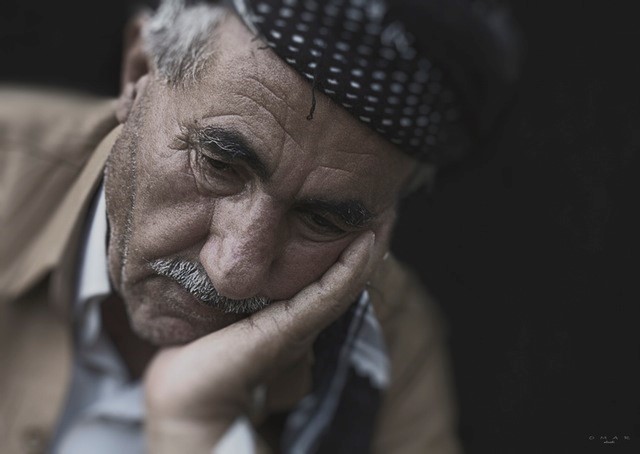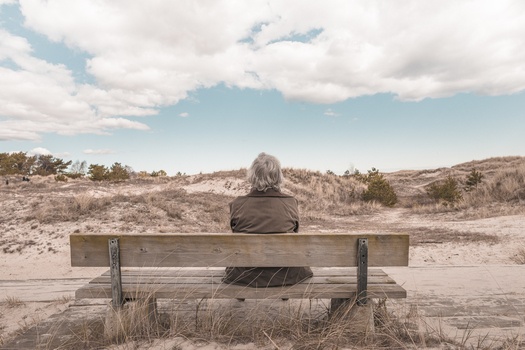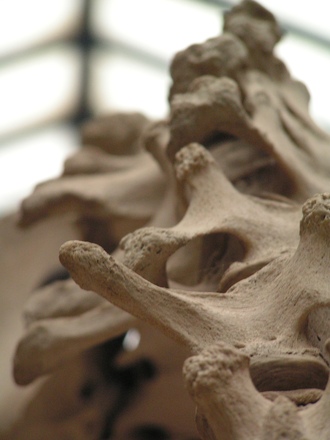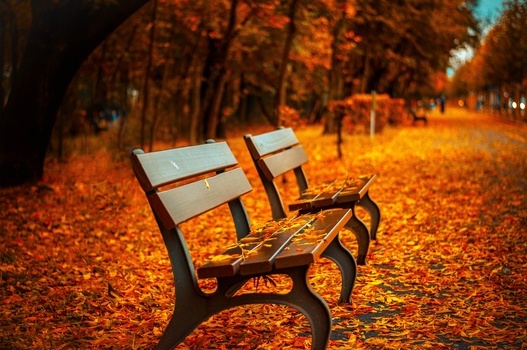5 signs your parent is suffering hearing loss
As we age, our sensory cells and nerves of the inner ear progressively decline. Surgery is not always a treatable option, and in most cases using hearing aids can minimize the condition’s symptoms. Hearing loss manifests in many different ways and ranges from mild to severe. Below are five signs your parent may be suffering hearing loss:
Disengaging from conversation
Are Mom or Dad becoming increasingly quiet at the dinner or during family gatherings? Withdrawing from conversations and avoiding social settings, it can be a sign of of hearing loss.
Complaints of distorted or mumbled speech
Understanding certain words can become difficult because they may sound distorted or mumbled. It can especially become challenging to understand women and children’s voices due to their higher octaves.
Lapse in concentration
Difficulty concentrating on conversations, especially in noisy environments can become an issue. Background noise makes it especially distracting for some to follow conversations when there hearing begins to decline.
Adjustment of volume levels
Turning the sound up on the television or radio is often one of the first signs that a parent may be experiencing a loss of hearing.
Overcompensating
Preferring one ear as opposed to the other when using the phone can prove to be an indication as well.
Signs of hearing loss won’t always be readily apparent, so it’s important to know what to look for. Reach out to your loved one’s primary care physician for assistance on minimizing the risks and treating the symptoms of hearing loss. In the meantime, if you suspect your loved one is experiencing hearing loss, encourage them to take this free online hearing test. When consulting a physician, you may even discover that the suspected hearing loss is due to a buildup of wax, rather than a hearing disorder.







